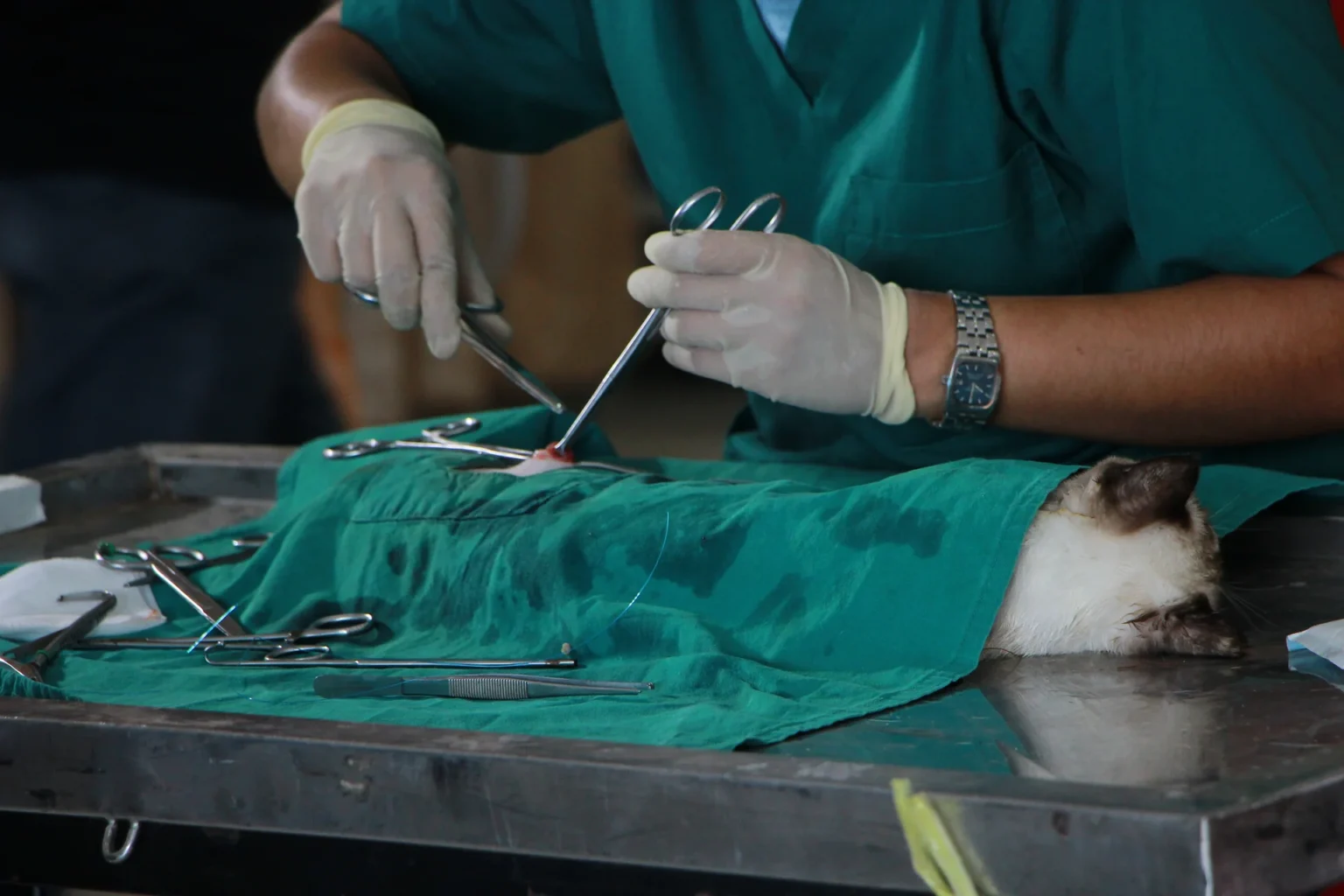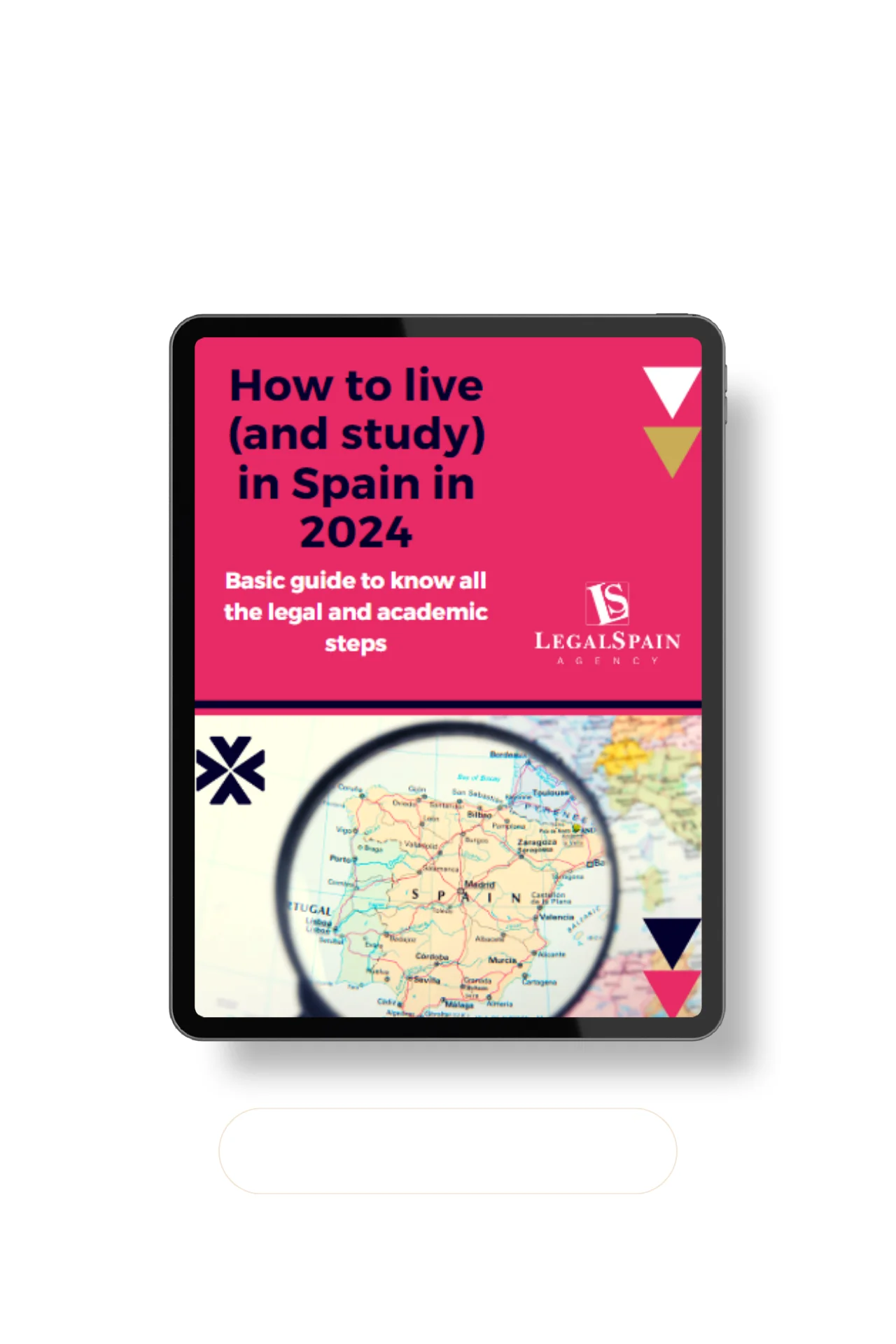Being a teacher implies exercising one of the noblest and most valuable professions in society. A teacher has the task of educating, training and guiding his students in the learning process, both in skills and technical knowledge and in values and social skills. In this post, we will explain how to be a teacher in Spain in two educational stages: Primary and Secondary.
How to be a teacher in Spain?
Primary Education Stage
In order to be a Primary school teacher in Spain, in addition to meeting the qualification and documentation requirements, it is essential to have a vocation for teaching and patience. Vocation is essential in the profession, since without passion for education it is difficult to connect with students. In addition, you work with children, who can be nervous and difficult to handle, so it is important to be patient and know how to deal with them.
To be a Primary teacher in Spain the following steps are required:
1. Obtain the academic degree: the Bachelor’s Degree in Primary Education must be completed, which lasts 4 years and 240 ECTS credits.
2. Approve the oppositions of Primary teacher: once you have the qualification, you must pass an opposition to get a position as a Primary teacher.
3. Obtain the negative certificate from the Central Registry of Sexual Offenders: to work as a teacher in Spain, it is necessary to have this certificate that certifies that you do not have a criminal record for sexual crimes.
4. Demonstrate knowledge of the co-official language: in those autonomous communities where there is a co-official language, it must be demonstrated that an adequate level of knowledge of it is possessed.
Secondary Education Stage
Secondary teachers work with young people between the ages of 12 and 18. Unlike Infant and Primary teachers, teachers do not necessarily have specific degrees to carry out their work, being able to access the position from various university degrees.
To be a Secondary Education teacher in Spain, it is necessary to obtain a university degree or degree in the corresponding specialty, such as Language and Literature, Mathematics, Physics and Chemistry, Geography and History, etc.
Once the corresponding university degree has been obtained, it is necessary to complete the Master’s Degree in Teacher Training for Compulsory Secondary Education and Baccalaureate, Vocational Training and Language Teaching, which lasts one academic year. This master’s degree is official and qualifying, it focuses on pedagogical and didactic training for the performance of the teaching function in Secondary Education and Baccalaureate.
During the master’s degree, students acquire classroom management skills, teaching strategies and the integration of information and communication technologies in teaching.
Pedagogical Aptitude Certificate (CAP)
Once the Master in Teacher Training is completed, the next step is to obtain the Pedagogical Aptitude Certificate (CAP). This certificate is a legal requirement for those who wish to practice as teachers in Spain. The CAP is an additional training of 200 hours that focuses on teaching practice and classroom management.
The CAP can be obtained through a specific training program, or through an accreditation of previous teaching experience. To earn the CAP through previous teaching experience, it is necessary to have taught for at least two years in a public or private school.
Once these requirements have been completed, the next step is to look for a job as a secondary school teacher in a public or private school in Spain. The selection process for secondary school teachers is often very competitive, so it is important to note that ongoing training and professional development are critical to a successful career in teaching.
Being a secondary school teacher in private or subsidized schools
In addition to all of the above, each center carries out its own selection processes, so in order to work as a teacher in a private or subsidized school, it is necessary to meet the requirements established by each center.
Being a secondary school teacher in public schools
To gain access to the Secondary school teaching staff, a demanding selection process must be passed, which consists of two phases: opposition and competition.
The opposition phase is divided into two qualifying tests, the content of which varies depending on the autonomous community calling for the vacancies, but they are generally structured as follows: the first test consists of developing a topic in writing and doing a practical part, while the second test involves presenting a didactic program and a didactic unit of the corresponding specialty.
Once the opposition phase is over, the competition phase begins, in which aspects of the candidate are assessed, such as their experience, academic training and other accredited merits.
The final qualification of the competition-opposition process is calculated from the weighting of the grades of both phases, with the opposition phase being the one with the greatest weight (60%) compared to the competition phase (40%). The final mark of the opposition phase is calculated from the arithmetic mean of the two tests.
Conclusion
In conclusion, a teacher has the task of educating, training and guiding their students in the learning process, both in skills and technical knowledge and in values and social skills. To be a Primary school teacher in Spain, one must take the Teaching Degree in Primary Education and pass the competitive examinations, while to be a Secondary Education teacher it is necessary to obtain a university degree or degree in the corresponding specialty, take the Master’s Degree in Training of the Faculty and obtain the Certificate of Pedagogical Aptitude.





